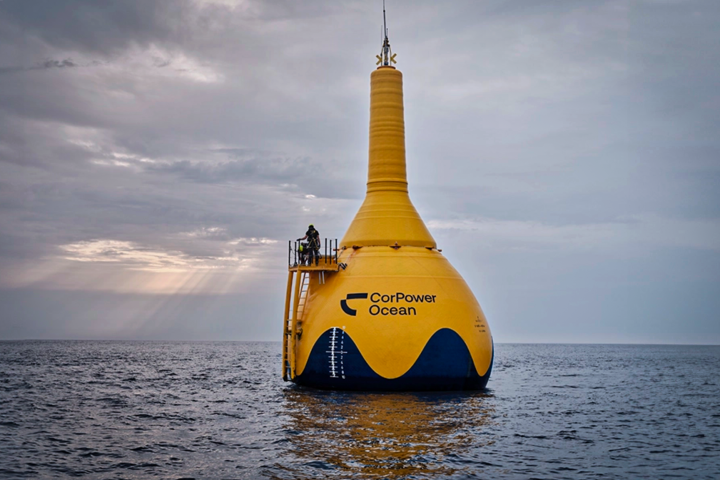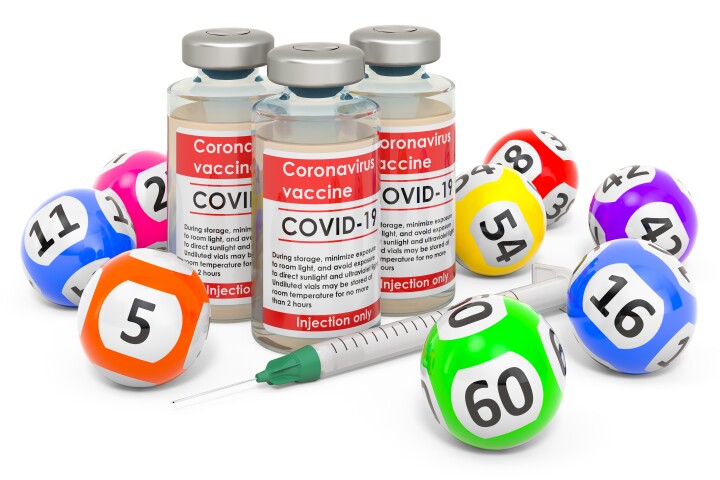Just like in humans, cancer is pretty common in dogs, especially larger and older ones. But while humans have a growing arsenal of weapons at their disposal, there aren’t many options for canine cancer sufferers. Radiation and chemotherapy are common, but their mixed effectiveness, as well as costs and accessibility, send many dogs to that big “farm upstate” well before their time.
For the new study, scientists at Yale adapted existing human cancer treatments to find a new version that could benefit both humans and dogs, since some cancers share properties between species. Monoclonal antibodies are an emerging treatment where patients receive infusions of proteins that bind to EGFR and HER2, two proteins that are overexpressed in several cancers like colorectal or breast cancer.
The problem is, patients often develop resistance to these antibodies, reducing the treatment’s effectiveness over time. To overcome that, the new study instead set out to create polyclonal antibodies – those that are made from multiple immune cells, and which bind to several parts of EGFR/HER2.
After identifying a compound that did just that, the researchers tested it in mice and then dogs. It proved so successful that multiple clinical trials have been conducted in the past eight years, involving over 300 dogs, with the treatment binding to tumors and messing with the pathways that let them grow.
The researchers say that their canine cancer vaccine has almost doubled the 12-month survival rate for dogs with some types of cancer. For example, dogs with osteosarcoma have a 35% chance of living for one year after diagnosis when treated with chemotherapy and other conventional treatments, but the cancer vaccine boosted that to 60%.
Hunter, an 11-year-old golden retriever, is living proof. This search-and-rescue pup was diagnosed with osteosarcoma in his front left leg in 2022, but after an unfortunate amputation, chemotherapy and the new cancer vaccine, he’s reportedly living happy and energetic two years on.
The team is currently planning to conduct further studies to see if the cancer vaccine could be given to healthy dogs to prevent cancer forming in the first place, or to stop it earlier on. Anything to help our furry friends live longer and healthier lives is a win to us.
Research on the clinical trial was published in the journal Translational Oncology. See Hunter’s story in the video below.
–
Source: Yale
–
























